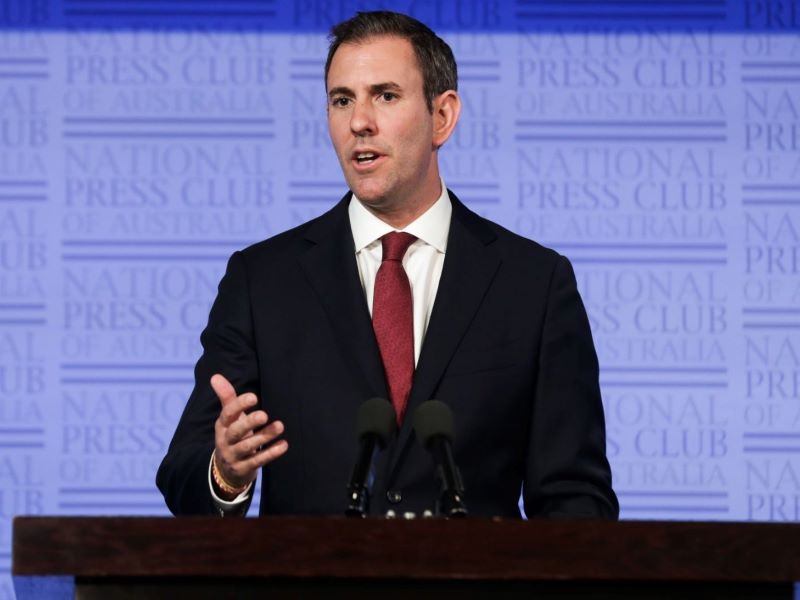Digital wallets and Buy Now Pay Later products are set to be regulated like existing payment systems, with the federal government issuing draft legislation to extend the reach of the Reserve Bank.
The legislation, released for further consultation on Wednesday, will extend the reach of the regulatory powers given to the Reserve Bank of Australia (RBA) to new and emerging payment systems.
If passed in their current form, the reforms will capture Buy Now Pay Later products and digital wallets such as Apple Pay and Google Wallet. It also captures the systems that use non-monetary digital assets for payments.
A new designation power will also give the Treasurer the ability to subject particular payment services or platforms to additional oversight by regulators if it is in the national interest. The national interest test is not defined in the proposed legislation.
The new definition of a payment services participant is intended to be technology neutral, aiming to capture other emerging payment systems as they are developed.
The systems will be subject to the same regulatory powers that already apply to credit cards and EFTPOS. The reforms will enable the RBA to make “access regimes and standards which apply to participants in the payment system”, according to the explanatory material.

When considering national interest the minister may give regard to factors such as nation security, innovation, or cybersecurity according to accompanying explanatory material. The designation power is in addition to that already held by the RBA.
The release of the proposed reforms come more than two years after the former Coalition government completed a review of the Australian Payments System that recommended the designation power and expansion of a payment system.
Consultation on the draft legislation, a part of the government’s broader ‘Strategic Plan for Australia’s Payments System’, will remain open until November 1 with the final legislation expected to be tabled in parliament before the end of the year. Work on a new licensing framework for payment services providers is also underway.
When the consultation paper on reforms to the PSRA was released in June, local FinTechs said swift action was needed to modernise Australia’s payment services regime, which is up to a decade behind global financial hubs like Singapore and the United Kingdom.
In its submission to the consultation process, Apple opposed the inclusion of digital wallets in the definition of a payment systems participant.
Apple characterises the Apple Pay service as a digital card storage service, which if included in the definition of a payment system participant would “increase regulatory burden without a net public benefit, give rise to over-inclusive regulatory error and stifle the dynamic innovation that has characterised Australia’s payment system over recent years”.
At a parliamentary inquiry last week, Apple chief compliance officer and vice president of corporate law Kyle Andeer insisted that Apple Pay should not be regulated as a payment service because it “is not a financial services product”.
“Apple Pay is the digital reproduction of your physical wallet. It’s no different than the credit card that you may be carrying around. We don’t offer any financial services in Australia. Therefore, we’re not subject to regulation. We’re offering simply a digital reproduction of your credit card and your physical wallet,” Mr Andeer said.
Both FinTech Australia and Google welcomed the ministerial designation power in their submissions but called for greater clarity on how the national interest test would be applied.
Google called for it to be defined in the legislation. As an example, it highlighted that the test should consider whether failure of a particular system would have an impact on the safety and stability of the payments system.
Apple proposed that the designation should be based on a net public benefits test. Using its own platform as an example, Apple said a designation shouldn’t come at the cost of innovation, competition, intellectual property rights, user experience, or privacy and security.







